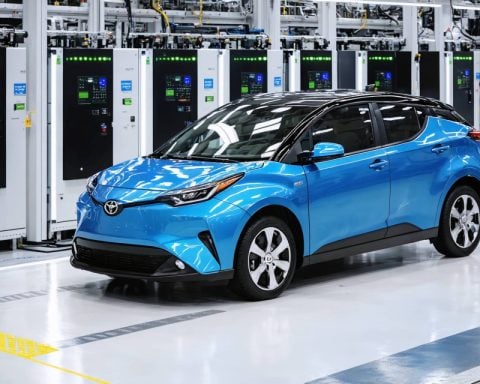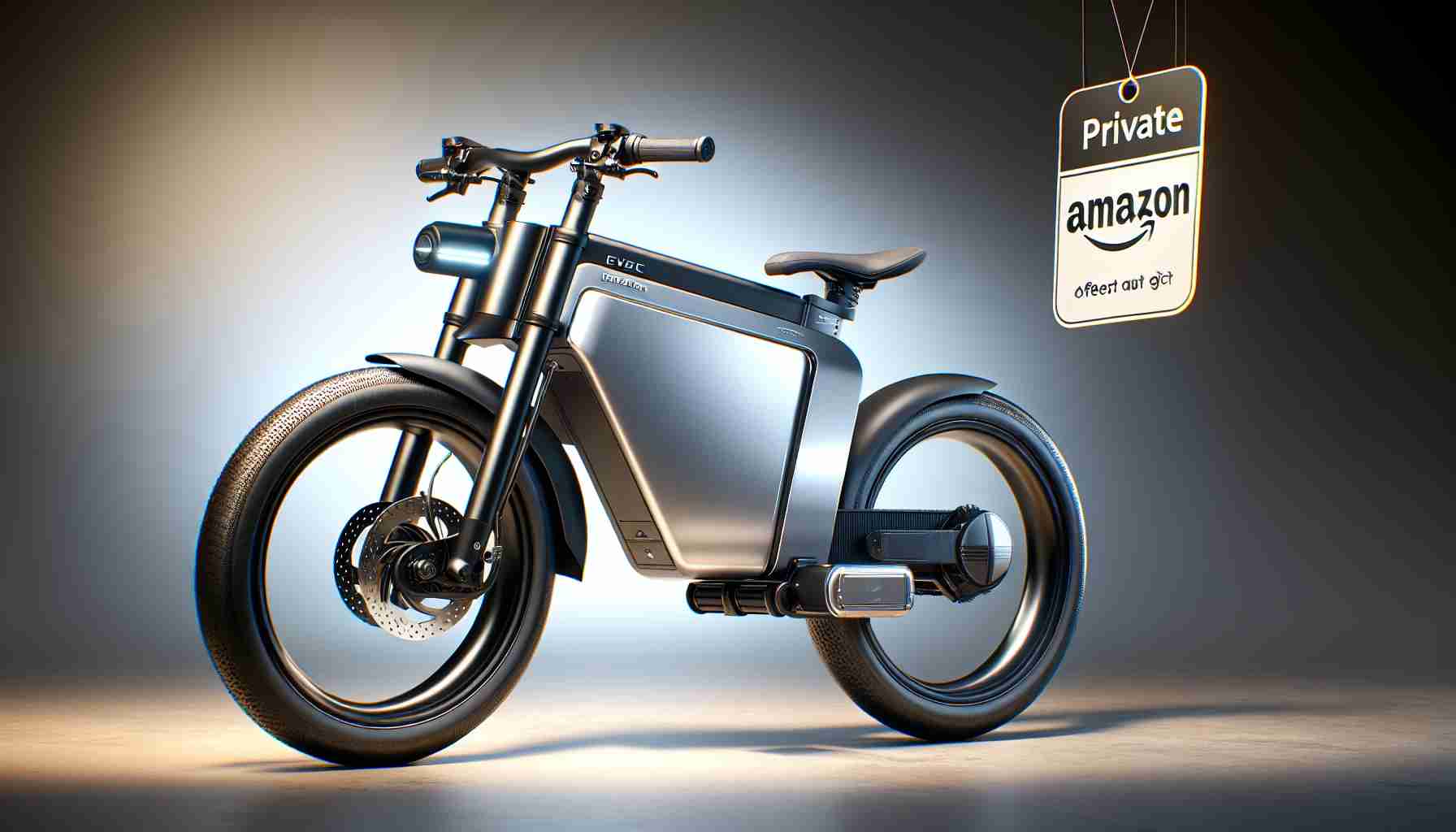Leading the charge in a rapidly evolving industry, Chinese automaker Nio has unveiled a groundbreaking advancement in electric vehicle (EV) technology. The company recently announced the development of a solid-state battery pack capable of delivering a staggering range of over 1,000 kilometers on a single charge. This innovation marks a significant leap from traditional lithium-ion batteries, potentially revolutionizing the EV market.
Nio’s new battery technology harnesses the power of solid-state cells, which use a solid electrolyte instead of the conventional liquid or gel. This design not only promises enhanced safety and longevity but also allows for a higher energy density. Increased energy density translates to longer vehicle range, bridging the gap between electric and traditional gasoline-powered vehicles.
The introduction of this battery pack signifies a major milestone in the pursuit of sustainable transportation. With a range that exceeds many current gasoline vehicles, Nio’s technological leap forward addresses one of the primary concerns of potential EV buyers: range anxiety.
The automaker’s ambitious plans do not stop here. Nio is gearing up to integrate these solid-state batteries into their vehicle lineup as early as 2024. By advancing battery innovation, Nio continues its mission to create more sustainable and efficient transportation solutions.
This breakthrough could potentially accelerate the global shift toward electric mobility, as emerging technologies like Nio’s solid-state batteries pave the way for more practical and appealing EVs. As the world watches, Nio stands at the forefront of an automotive revolution.
Game-Changing Solid-State Battery Innovation by Nio: What It Means for the EV Market
Nio’s introduction of a new solid-state battery pack is poised to influence the electric vehicle (EV) market significantly. As the automotive world shifts to sustainable solutions, Nio’s innovation represents a key development that may redefine consumer expectations and industry standards.
Innovations and Features
The hallmark of Nio’s new battery technology is the use of solid-state cells. These cells, characterized by a solid electrolyte, offer several advantages over traditional lithium-ion batteries:
1. Safety Enhancements: Solid electrolytes reduce the risks associated with leakage and flammability, enhancing overall vehicle safety.
2. Higher Energy Density: The increased energy density of solid-state batteries allows EVs to achieve longer ranges, making them more competitive with traditional gasoline-powered vehicles.
3. Longevity and Durability: Solid-state batteries promise extended battery life and endurance compared to their lithium-ion counterparts.
Market Implications and Predictions
Nio’s battery technology could accelerate EV adoption globally. Here are some anticipated trends and market impacts:
– Reduced Range Anxiety: Achieving over 1,000 kilometers on a single charge directly addresses consumer concerns about range limitations, making EVs a more viable replacement for gasoline vehicles.
– Strategic Industry Shifts: Automakers worldwide may be compelled to invest in similar technologies, spurring competition and innovation across the sector.
– Enhanced Environmental Objectives: By providing sustainable transportation alternatives, Nio’s advancements support global environmental and sustainability goals.
Use Cases and Compatibility
Nio plans to integrate these solid-state batteries into its vehicles by 2024, potentially setting a new benchmark for future EV models. The increased range and safety benefits extend beyond consumer vehicles to potential applications in commercial and public transportation sectors.
Pros and Cons of Solid-State Batteries
While promising, solid-state batteries have their own set of advantages and challenges:
– Pros: Include higher energy density, improved safety, and longer lifespan.
– Cons: Current production costs and technological barriers may pose initial challenges before widespread adoption.
Security Aspects
By mitigating risks such as thermal runaway, solid-state batteries contribute to a safer EV ecosystem. Nio’s focus on safety could influence industry standards for battery safety protocols.
Nio’s Position in the Market
With this breakthrough, Nio positions itself as a leader in EV innovation. By addressing range concerns and enhancing safety features, Nio sets a high bar for competitors.
For more information on Nio and their innovations, visit the official Nio website. Keep an eye on upcoming announcements that detail Nio’s integration of these groundbreaking batteries into their production vehicles, as they continue to lead the charge toward a sustainable automotive future.







